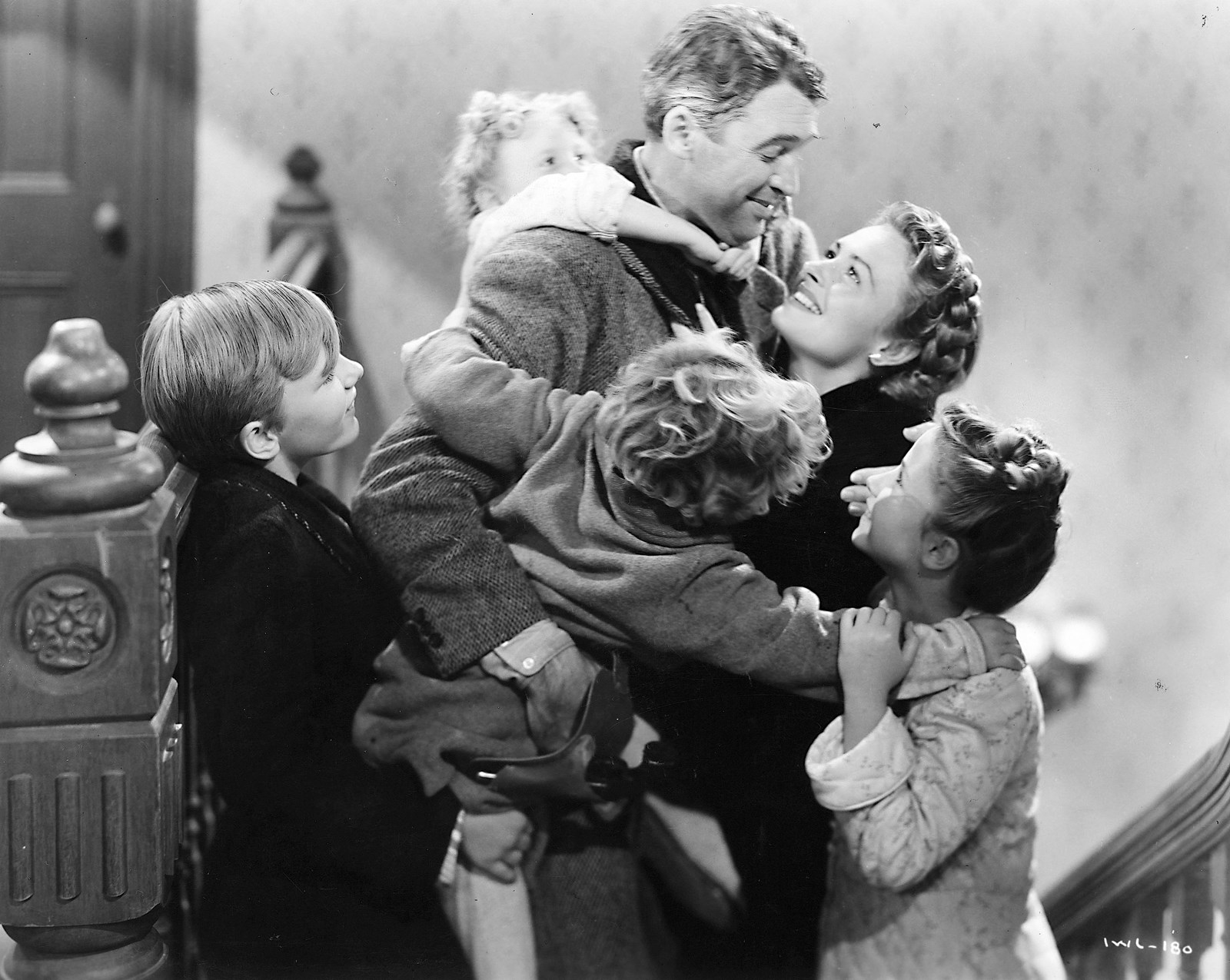
A few years ago, I taught a yoga class with a theme of gratitude during Thanksgiving week. Sounds pretty typical, right?
Well, instead of talking about giving thanks to someone or many someone’s in your life, I suggested flipping that script and thinking about who might give thanks for you and why.
It’s not a massively radical idea.
I simply wanted my students to recognize that they weren’t just capable of giving thanks, but to realize that they make a positive and powerful impact in the lives of the people they share their lives with.
A year or so later, I found out that one of the students who took that class hated it. And she hated me for it, too.
I found out because a fellow yoga teacher posted a blog I had written about a painful class I’d taught. Not physically painful, but emotionally. I was subbing at a studio where I occasionally taught and my theme was about watching my daughter grow. The idea is that when my daughter was tiny I couldn’t imagine her being 2 and walking, talking, and climbing up terrifyingly unstable rope ladders with ease, yet here she was, 2 years old and doing those things.
Often you have similar perceptions about our yoga practice. If you’re new to a pose or learning it or struggling with it, sometimes it can be really difficult to imagine that someday it will not only be easier but will feel natural. Just like your kids grow from babies into toddlers into teenagers, your yoga practice will grow and transform and mature.
Except not all parents get to watch those transitions.
One woman in the class came up to me afterwards. With tears of rage in her eyes, she told me she’d given birth prematurely a few months before and spent the past few months watching her child try to live. She’d come to yoga to escape from her pain, not relive it. She was angry and hurt. All I could do was apologize, which felt painfully inadequate.
I wrote about this experience in my blog, in part to get it out but in part to write an apology to this woman who would never read it.
A colleague of mine read my blog and reposted it, sharing that he too had often felt the challenge between sharing yoga philosophy while also trying to “navigate the minefield of people’s sensitivities.” When that former student from the gratitude class saw the blog posted on my colleagues wall, she raged against me.
She wrote comment after comment about what a terrible teacher I was. She berated my teaching style and my expertise. She referenced the gratitude class specifically as an example of my moral shortcomings.
I actually searched through my colleagues post from 4 years ago to see what she wrote and one of the things she said was this warm and fuzzy assessment of me: “How egotistical and self-involved. To teach a class not offering gratitude but suggesting we’re deserving of it instead. I cringed. Sounds like narcissists creed to me.”
While her words and intent still sting 4 years later, I can’t help but ask the question,
“why are you so resistant to receiving gratitude?”
To be clear, I am big on offering gratitude to others. It’s something I do as a daily practice. By suggesting we flip the gratitude script and think about how others might be grateful for us, I wasn’t suggesting that this was a superior approach to gratitude. I was simply suggesting that you can also consider your own impact in the world.
Who relies on you?
Whose lives have you touched?
Who have you personally impacted?
What change have you created in the world with your thoughts, words, and actions?
I actually think it’s both an uncomfortable question and an important one.
Most people tend to get a little prickly when it comes to receiving gratitude. You brush off thanks or you diminish what you’ve done. Acknowledging the gifts you’ve given to someone else, whether it’s a physical gift or an emotional gift, can feel arrogant and even self-aggrandizing.
Don’t mistake it, you’ve been taught to feel this way.
You’ve been taught that humility is holy.
You’ve been taught that ego is evil and will be your downfall.
You’ve also been taught that giving is transactional.
Many years ago, I remember listening to my own spiritual teacher talk about giving and receiving. One of the things he said really stuck with me, which is that once you give a gift it’s no longer yours. So if you get really upset about how someone uses that gift, you have a problem.
This doesn’t mean that you give without considering the outcome of what you give. It’s simply a reminder that you can’t control how someone will receive the gift, but you can control how you give.
I’ve been thinking about this a lot lately.
Why it is that we are so quick to bypass receiving gratitude?
Maybe because we feel like the gift is being given back to us.
I also think that when we consider why someone is grateful for us or our actions, we are confronted with our own value. And that can be extremely uncomfortable.
Remember: ego = evil. Humility is holy.
Recognizing your own value and celebrating your own value conflicts with these things.
I did this exercise myself a few days ago and shared it with my Conscious Healthy Collective community. It was awkward and hard. Acknowledging why my husband is grateful to me and why my kids are grateful for me and why anyone else on the planet might feel grateful for me was deeply uncomfortable.
Contrary to the belief of my gratitude critic, this was not easy or natural for me. I guess my narcissist’s creed is a little rusty.
Intellectually it’s easy to recognize all of the ways people might be grateful for me, but really feeling into that gratitude is so much harder.
I’ve spent a lot of my life praying at the altar of humility.
I’ve used too much of my energy second-guessing my talents and abilities, always assuming I am not as qualified or capable or even as well-liked as other people.
And it’s held me back.
A few of the members of my Collective community shared what and why the people in their lives are grateful for them. Each one moved me to tears. They were beautiful and honest and true. I could also hear in the words how challenging it was for each of them to write.
One woman reflected this to me, “While I am much more aware of gratitude others have for me, I have a hard time accepting it and allowing it to fulfill me positively. Deep down while I can still think of others grateful for my existence, it doesn’t always soak in. Does that make sense?
Yes. Of course it does.
Feeling the gratitude soak in is hard. Allowing the gratitude to fulfill you is hard.
It doesn’t mean that we shouldn’t try, though.
Here’s a question:
What would it feel like to soak up gratitude? How would it impact your life? How would it affect your actions or decisions?
My hunch is that soaking up gratitude wouldn’t make you more narcissistic or more ego-driven.
If I had to guess, I’d say that soaking up gratitude would probably make you even more grateful.
It’s just a hunch, because since we’re being 150% honest, I’m still working on this.
But I’ve watched “It’s a Wonderful Life” at least 10 times and this is the whole situation George Bailey finds himself in. He doesn’t believe that he matters. In fact, he feels he’s made the lives of his family and friends worse.
To be fair, he’s at his absolute lowest point. He’s considering extreme action because he feels so low. And while there are more than a few plot holes in helping him see that actually he has done a lot of good in the world, the sentiment still rings true.
Like George Bailey, I’m still not awesome at feeling into that gratitude because it’s easier to see how I’ve failed and who doesn’t feel grateful for me, than I am at seeing the opposite..
I still feel like I’m at the edges of it, peering in with my brain but not really feeling it with my heart.
So I have a ways to go.
I still want to try.
And not just because I want to give an angel his wings but because I think that if I can start tapping more into the gratitude people feel for me, I’ll be able to increase my impact. I’ll be able to give more of myself and give more clearly.
If you, like me, have trouble coming up with who might be grateful for you and why, try this at your Thanksgiving dinner:
Go around the table and have each person share why they are grateful for someone else at the table. Go around until everyone has said something about every person there. It doesn’t have to be profound or poetic. Just true.
Make this the Thanksgiving where you don’t just give thanks, but you receive it and soak in it.



